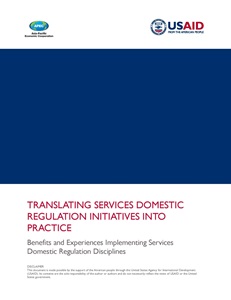
Proceedings
APEC Workshop on Promoting Decarbonization of Power Sector by Using Carbon-Free Energy (CFE)
The Asia-Pacific Economic Cooperation (APEC) is a regional economic forum established in 1989 to leverage the growing interdependence of the Asia-Pacific.
The Asia-Pacific Economic Cooperation (APEC) is a regional economic forum established in 1989 to leverage the growing interdependence of the Asia-Pacific.
APEC ensures that goods, services, investment and people move easily across borders. Members facilitate this trade through faster customs procedures at borders; more favorable business climates behind the border; and aligning regulations and standards across the region.
APEC ensures that goods, services, investment and people move easily across borders. Members facilitate this trade through faster customs procedures at borders; more favorable business climates behind the border; and aligning regulations and standards across the region.
APEC works to help all residents of the Asia-Pacific participate in the growing economy.
APEC works to help all residents of the Asia-Pacific participate in the growing economy.
Capacity building projects play an important role in helping translate APEC's goals into reality.
Capacity building projects play an important role in helping translate APEC's goals into reality.

Reports
•May 2023
Download Report
337KB
Published Under
Group on Services (GOS)
Accessed
1200
Pages
30
This brief explores implementation experiences in APEC economies related to the principles and rules contained in the APEC NBPs and the WTO JSI. First, the brief introduces readers to the common elements shared by the APEC NBPs and the WTO JSI, highlighting how economies’ services domestic regulation reform and implementation efforts often work towards or satisfy the disciplines of both initiatives. Next, the brief moves on to an analysis of implementation challenges and actions by governmental agencies related to services domestic regulation in five APEC economies—Thailand, Malaysia, Chinese Taipei, Papua New Guinea, and Chile—based on the experiences shared during a series of consultations and information gathering exercises conducted in 2022. Finally, the brief presents conclusions and recommendations reflecting the common underlying theme emerging from the analysis of these cases: the importance of comprehensive transparency frameworks encompassing the entire rulemaking process from design to implementation and review.

